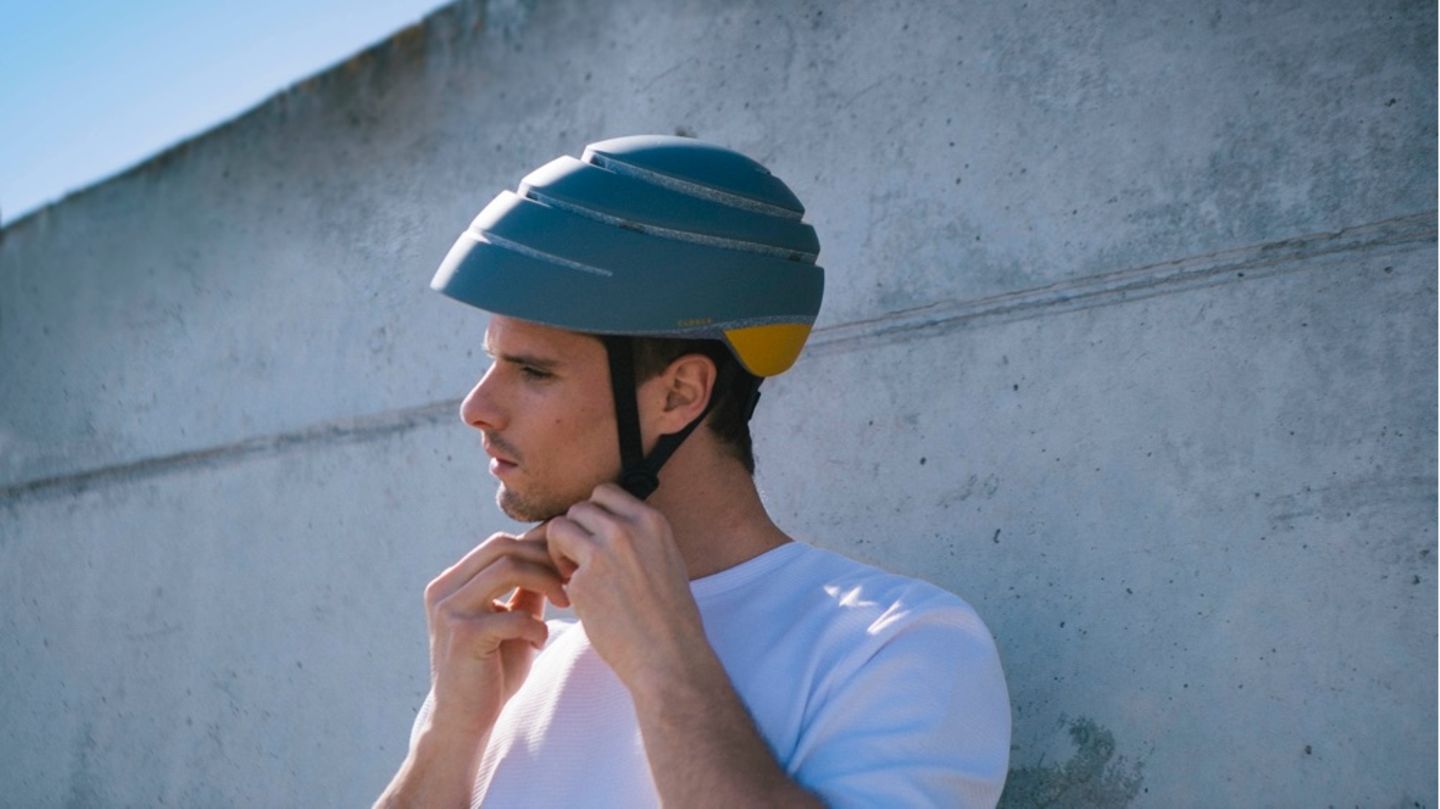The documentary “Riefenstahl” produced by Sandra Maischberger premiered in Venice. The film shows in a shocking way how the former Nazi propaganda filmmaker whitewashed her story.
A video recording from 1993. Leni Riefenstahl sits at a table, proudly commenting on film details from one of her Nazi propaganda films and grinning as she sways to the beat of the marching music playing in it. It is scenes like this one in the documentary “Riefenstahl” that make you shudder.
“Riefenstahl” is a film by Andres Veiel. Produced by Sandra Maischberger, the work uses Riefenstahl’s estate to examine her relationship with the Nazi regime. Veiel and Maischberger were the first to have access to the estate. The film premiered at the Venice Film Festival.
Lies and manipulation
The film team creates an eerie and contradictory image of a woman whose priority was to stage herself. She lied to achieve this and insisted on perspectives that had long since been refuted by history. “She was a great manipulator – and she was an actress,” said Maischberger in Venice.
Riefenstahl (1902-2003) made films for Adolf Hitler such as “Triumph of the Will” about the Nazi Party Congress in Nuremberg in 1934 and “Olympia” about the Olympic Games held in Berlin during the Nazi era. Riefenstahl won a prize for the latter film at the Venice Film Festival in 1938.
“Riefenstahl” repeatedly shows scenes that suggest that Riefenstahl never regretted her work for the Nazi regime. After the Second World War, she was classified as a fellow traveler, and she herself repeatedly emphasized that she was apolitical.
Research into the estate revealed a different picture, said director Veiel. “We came across a reference to an interview with Riefenstahl in the Daily Express from 1934, but the actual interview was missing,” he says. “We then had it sent to us from the newspaper’s archives. In it, Riefenstahl admits that she read Hitler’s Mein Kampf in 1932 and that she became an enthusiastic National Socialist after reading the first few pages.”
Why did she remove the interview from her estate? “Such a document would have destroyed the legend she had painstakingly built up as an ‘apolitical’ person in one fell swoop,” says Veiel. In “Riefenstahl” he shows interview excerpts as well as private photos, recorded private phone calls and quotes from personal notes.
Goebbels wanted to have Riefenstahl “by force”
It is also about private matters – her violent father, her relationship with Horst Kettner, who was 40 years younger than her, which began in 1967. At one point, Riefenstahl tells how much Joseph Goebbels courted her. “He tried everything to get me,” she says. But: “He was not my type at all.” At one point he wanted to “have her by force.”
After the war, Riefenstahl worked as a photographer and lived near Lake Starnberg. She did not look critically at her own past, at least not publicly. In 1993, she said of “Triumph of the Will”: “Peace, peace. That is always the case in the film. No other political motives or goals are mentioned. There is no mention of anti-Semitism, there is no mention of racial theory. Only of work and peace.” One look at the 1935 work is enough to know that this is a lie.
Maischberger met Riefenstahl for an interview on her 100th birthday and then decided to take a closer look at the filmmaker. After working on her estate, she is certain: Riefenstahl was a “thoroughly convinced fascist and National Socialist.” This is how the 57-year-old journalist recently described it in an interview with “Zeit.” “Riefenstahl” will be released in cinemas on October 31.
Information about the film
Source: Stern
I am an author and journalist who has worked in the entertainment industry for over a decade. I currently work as a news editor at a major news website, and my focus is on covering the latest trends in entertainment. I also write occasional pieces for other outlets, and have authored two books about the entertainment industry.




